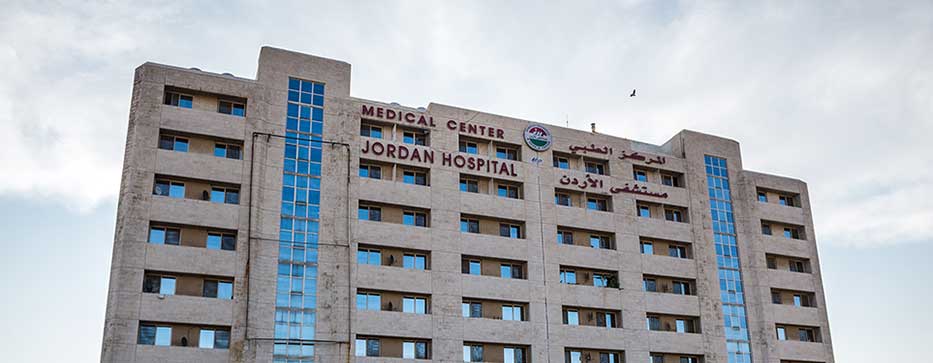When making such a long trip, it is essential to know what the hygienic and sanitary conditions of the destination country are. Therefore, in these lines we tell you everything you need to know at the level of health in Jordan: hospitals, vaccinations, potential risks during the circuit, useful tips, etc.
Jordan is a very safe country at the health level: there are no declared health alerts declared in relation to contagious or special risk diseases. Therefore, the current recommendations (as of September 2022) on vaccines are reasonable and common sense. This is the list of vaccines prepared by the Spanish Association of Vaccinology:

The general level of hospitals and health centres in Jordan it is good, especially in the big cities and especially in the capital, Amman. Private schools with good means and professionals, often trained abroad and fluent in English, tend to be better equipped. This can also be extrapolated to dentists. Pharmacies are usually well stocked with medicines and distributed throughout the towns, with enough presence in places of tourist interest, so their workers also speak some English.
Yes. In fact, it is mandatory in the wake of the Covid-19 pandemic. In any case, even if it was not mandatory, it is highly recommended to have your backs covered in case of emergency. The most useful and basic coverages are payment to local professionals (either through exemption or reimbursement on return from travel), as well as repatriation treatments or services.
Factors such as climate, local wildlife or hygiene levels in certain places can pose potential risks to your health in Jordan. They are not alarming, but it is convenient to know them to be able to act with caution, as we tell you in the section on Tips.
As we told you on the page about the weather, heat is one of
the
environmental factors to take into account during your trip. In summer, it conditions everything, so you must equip yourself properly to combat it. The main problems that heat can trigger are exhaustion, dizziness, dehydration and, in the worst case, heat stroke, which implies an erroneous functioning of the body’s own thermoregulation system: body temperature increases excessively, causing loss of consciousness or even death.
Related to the heat is also the insolation, which is extreme in desert areas and in the summer season. It can be a catalyst for the aforementioned problems and, in addition, can cause skin burns, vomiting, headaches and eye pain, among others.
In general, the quality of tap water is acceptable in places frequented by tourists, and even in certain areas of the south, as it comes directly from natural springs. However, the most sensitive stomachs may notice and accuse the change of water, which in some cases can mean diarrhea.
Another health risk in Jordan It’s insects. In particular, mosquitoes, which can make an appearance at night, for example in Bedouin tents in the desert. In the vast majority of cases, these undesirable travel companions can cause annoying bites, but not the transmission of diseases. On the other hand, the itching sensation can be even greater and annoying if you find bedbugs, which can inhabit the beds of the most humble accommodations (and less concerned about hygiene).
More respect must be given to certain exotic animals because they represent a greater risk to the Bless you. In Jordan there is the presence of snakes, some of them venomous, such as Atractaspis engaddensis
, also known in English as Israel Mole Viper
. In case of bite, you will feel pain and swelling, and it is recommended to immobilize and bandage the affected area, to go right after to a doctor.
On the other hand, scorpions can also make an appearance in certain areas, such as Little Petra. This is the species Leiurus quinquestriatus
, also known as yellow scorpion or yellow Palestinian scorpion, and its stings will also cause intense pain, although its venom is not deadly, except in especially vulnerable people, such as those with heart problems or allergies.
Here is a list of some useful tips to take care of your health in Jordan:
Fill out the form below to receive a free non-binding quote tailor-made by a specialized agency in Jordan.
DMC travel agency specializing in tailor-made trips to Jordan
Mandala Tours, S.L, NIF: B51037471
License: C.I.AN-187782-3